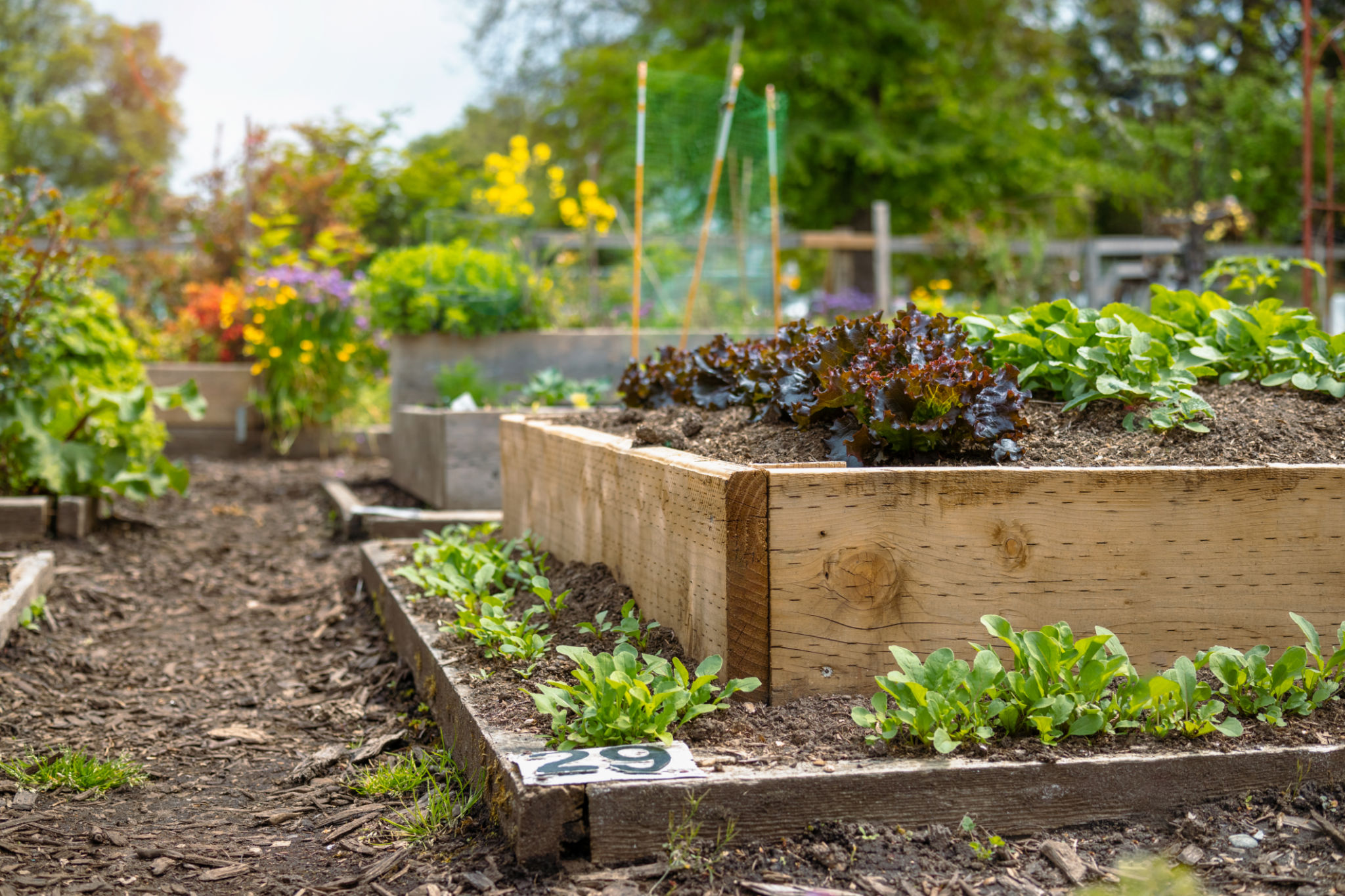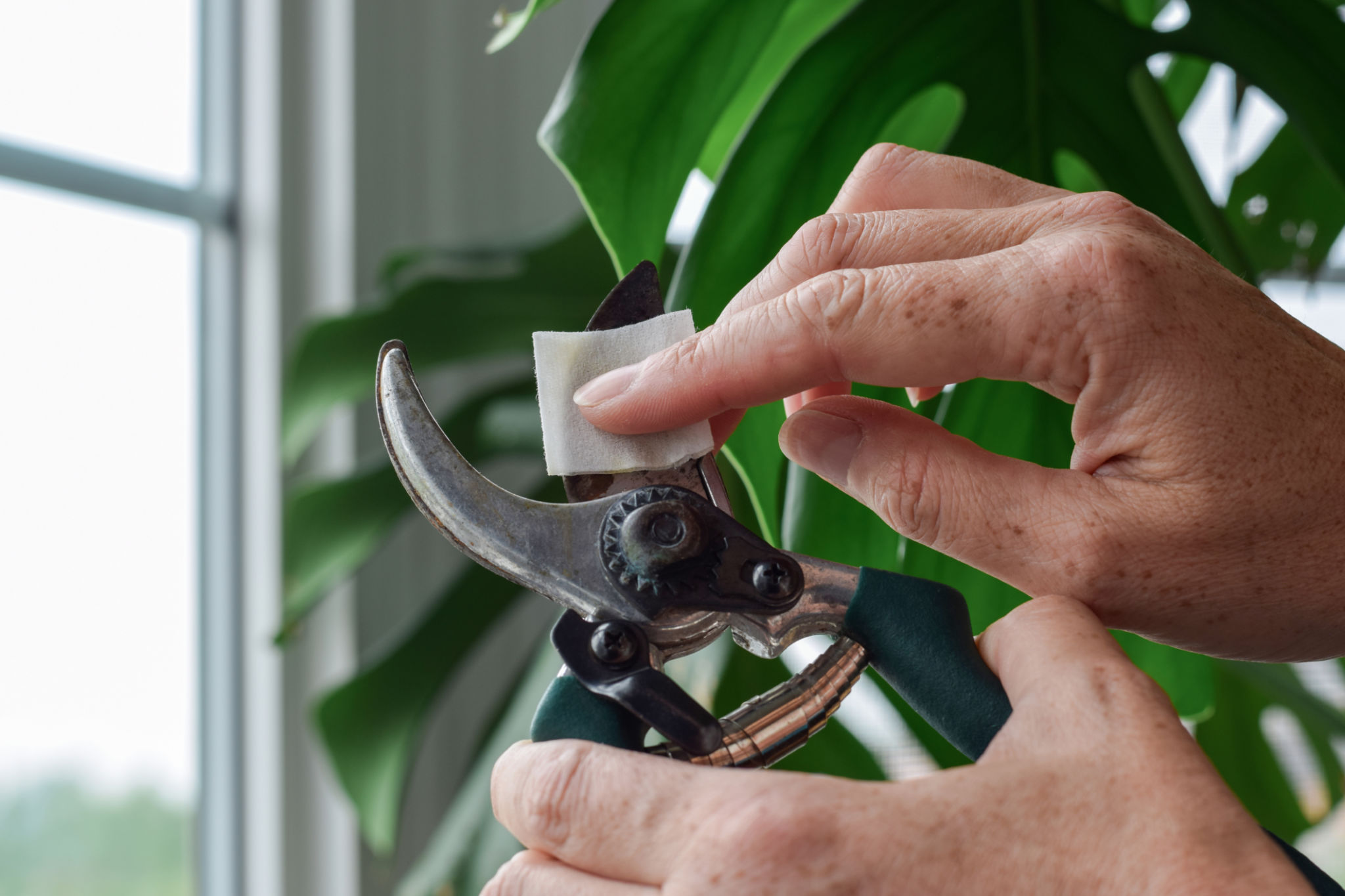How to Start a Community Garden in Tucson
Understanding the Basics of Community Gardening
Creating a community garden in Tucson can be a rewarding endeavor, offering numerous benefits such as fresh produce, community bonding, and educational opportunities. Before diving into the project, it’s essential to understand the basic principles of community gardening. Community gardens are collaborative spaces where individuals come together to grow plants, vegetables, and herbs. It’s a wonderful way to promote sustainability and healthy living within a community.
Tucson’s unique climate offers both opportunities and challenges for gardening. With its arid environment, water conservation, and plant selection become critical aspects to consider. But with some planning and community involvement, you can create a thriving garden that suits the local climate and meets your community’s needs.

Choosing the Right Location
One of the first steps in starting a community garden is selecting an appropriate location. The site should ideally be accessible to the community it serves. Consider places like vacant lots, schoolyards, or park land that might be available for use. It’s important to ensure that the location gets plenty of sunlight—at least 6 to 8 hours a day—and has access to water.
In Tucson, securing permission from property owners or local authorities is a crucial step. You may need to present plans for the garden and demonstrate how it will benefit the community. Additionally, consider the soil quality and drainage at the site, as these factors will significantly impact the success of your garden.
Gathering Community Support
Building a successful community garden requires strong community involvement. Start by reaching out to neighbors, local organizations, and schools to gauge interest and recruit volunteers. Hosting an informational meeting or workshop can help rally support and generate enthusiasm for the project.
Create a garden committee to help with planning and decision-making. This committee can also be responsible for assigning plots, organizing events, and maintaining the garden's infrastructure. Establishing clear roles and responsibilities will ensure smooth operation and foster a sense of ownership among participants.

Planning Your Garden Layout
Once you’ve secured a location and gathered community support, it’s time to plan your garden layout. Consider what types of plants you want to grow—they should be suitable for Tucson’s climate. Think about incorporating native plants that are drought-resistant and require less water.
Designate areas for individual plots, communal spaces, and pathways to facilitate easy access. Raised beds are a popular choice in Tucson as they improve soil quality and drainage. Consider installing rainwater harvesting systems or drip irrigation to conserve water effectively.
Securing Resources and Funding
Starting a community garden often requires funding for tools, seeds, soil, and other materials. Look into grants from local organizations, government programs, or environmental groups that support community projects. Fundraising events or sponsorships from local businesses can also help gather necessary resources.

Donations from community members can provide tools, seeds, or other materials. Encourage involvement by hosting tool drives or seed swaps to gather supplies without spending extensively.
Maintaining Your Garden
Once your garden is up and running, regular maintenance is crucial to keep it thriving. Schedule regular workdays for planting, weeding, watering, and harvesting. Rotate responsibilities among participants to ensure everyone contributes equally.
Consider organizing workshops or educational sessions focused on gardening techniques, sustainability practices, or cooking with fresh produce. These events can enhance community engagement and provide valuable learning opportunities for all ages.
Celebrating Successes
A successful community garden is not just about producing fresh food—it’s about creating a vibrant space where people can connect and learn. Celebrate your achievements by hosting harvest festivals or potluck dinners featuring dishes made from the garden's produce. These events can strengthen community bonds and showcase the hard work of all involved.

Starting a community garden in Tucson requires dedication and collaboration, but the rewards are plentiful. By following these steps and embracing the spirit of cooperation, you can create a sustainable space that benefits everyone involved.